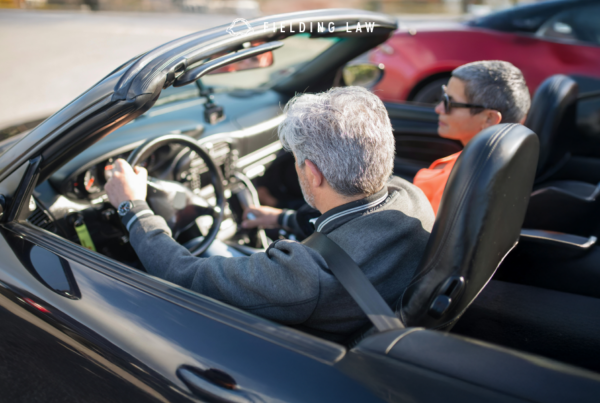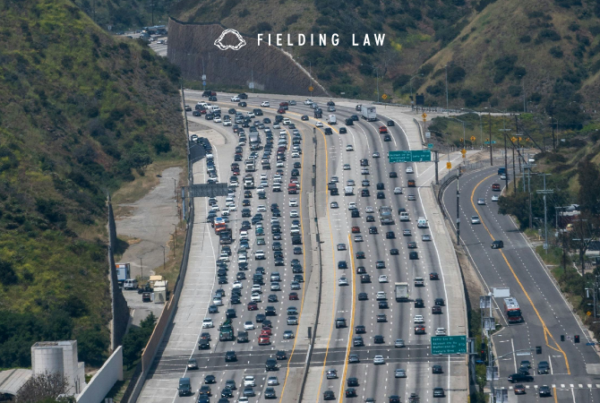In the era of gig economy giants like Uber, Uber Eats, DoorDash, Instacart, and others, many individuals have embraced the flexibility and earning potential of part-time driving. Whether you are ferrying passengers, delivering meals, or running errands, it is crucial to recognize the insurance implications that come with these gigs.
Understanding the Insurance Obligations
One of the most critical aspects that drivers for these platforms must understand is the need to inform their insurance providers and make necessary changes to their policies. Failure to do so can lead to significant complications in the event of an accident or incident on the road.
Why Notification is Essential
Simply having auto insurance may not be sufficient when you are using your vehicle for commercial purposes. Insurance companies distinguish between personal and commercial use, and failure to disclose your gig driving activities could result in your policy being voided when you need it the most.
Gig Apps Insurance Coverage Gaps and Risks
Without the appropriate insurance coverage, drivers may find themselves facing substantial financial liabilities in case of accidents. Personal auto insurance policies typically exclude coverage for commercial activities, leaving drivers exposed to significant risks.
Steps to Take Prior to an Accident
To ensure you have gig apps insurance coverage:
- Notify Your Insurance Company: Inform your insurer about your gig driving activities. They can guide you on the necessary changes to your policy.
- Update Your Policy: Work with your insurer to update your policy to reflect your commercial driving activities. This may involve adjustments to coverage levels and premiums.
- Explore Commercial Insurance: Depending on your gig work frequency and the platform’s requirements, consider purchasing commercial auto insurance for comprehensive coverage.
Driving for gig economy platforms can be rewarding, but it also comes with unique insurance considerations. Make sure you are on the right side of coverage by updating your insurance policy to reflect your gig driving activities. With proper insurance in place, you can drive with confidence and peace of mind, knowing you are protected in case of unforeseen events on the road.
Why Fielding Law Can Help
 If you have been in an accident while driving for a gig company, Fielding Law is here to assist you. We specialize in navigating the complexities of insurance matters associated with gig driving, offering expert guidance on insurance requirements, coverage options, and legal implications. Do not take the risk of being underinsured—reach out to Fielding Law at 833.88.SHARK today to ensure you have the protection you need while driving for gig apps.
If you have been in an accident while driving for a gig company, Fielding Law is here to assist you. We specialize in navigating the complexities of insurance matters associated with gig driving, offering expert guidance on insurance requirements, coverage options, and legal implications. Do not take the risk of being underinsured—reach out to Fielding Law at 833.88.SHARK today to ensure you have the protection you need while driving for gig apps.
Note: Information provided is for educational purposes and does not constitute legal advice. Always consult with a qualified attorney for legal concerns.






